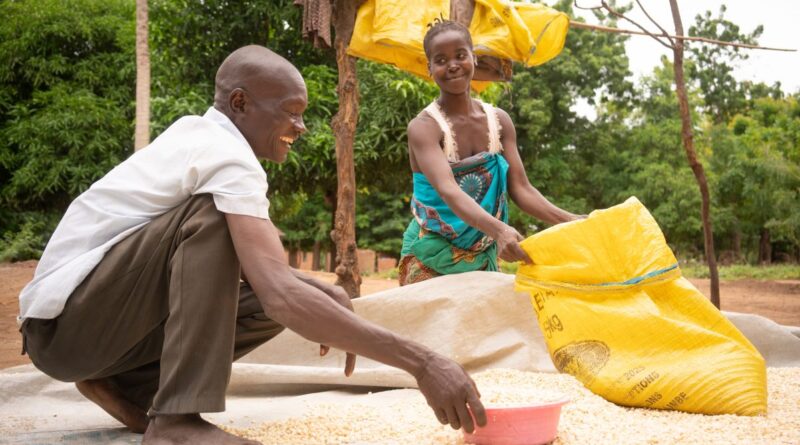Echoes of Poverty: A Call for Resilience and Change
Poverty, a persistent companion since the dawn of humanity, is a bitter reality that every generation must confront. The enduring and urgent nature of this societal ill is evident in the past and ongoing advocacy to bridge the chasm between the affluent and the destitute. My heart goes to my fellow countrymen and women who go to bed hungry and wake up without any hope of a morsel.
The echoes of Jimmy Cliff’s 1969 ‘Many Rivers to Cross’ and the 1975 lament, ‘Too many people are suffering, too many people are sad, too few people have everything, while too many people have nothing,’ serve as poignant reminders of the historical struggle against extreme inequality. These songs, born out of a time of great social upheaval, resonate with the ongoing fight against poverty.
In 1980, Victor Olaiya, a prominent Nigerian musician, released a song with Yoruba lyrics, Ilu le o ko s’owo lode, obirin nkigbe okunrin nkigbe, kaluku, lonkigbe owo. This song, which translates to ‘times are hard and that men and women were crying that there was no money in circulation,’ was a mighty cry against the excruciating pains people were passing through because of economic hardship.
In 1988, Ras Kimono, the Rastafarian musician, said people were dying of hunger in Nigeria. Hear him – “Under pressure, no food in we belly, no money in our pockets, no bed we lay we head the people suffered in the ghetto, in a city everywhere dah I go oh I see them, some are crying, some are dying, some a wailing, everywhere ka me go….” These words vividly describe the physical suffering and the emotional toll that poverty takes on individuals and communities, evoking a deep sense of empathy.
Over half a century ago, voices rose in song to decry the abject poverty that enveloped humanity. Yet, this scourge persists, seemingly unyielding to the passage of time. However, it’s important to note that significant progress has been made in the fight against poverty. If this is our reality, we must fortify ourselves with resilience to weather the storms of hardship that may come our way.
In the 1980s, I queued for food labeled essential commodities in Warri. Then, there was money, but there was a scarcity of food. The military government started rationing food and labeling it an essential commodity. Now, there is food but no money. I tell people that if they survived that period, they would also survive this. But survival is not enough. We must also strive for change. Let us not give up but work towards a future where no one has to queue for essential commodities. This need for change should motivate us to work towards a better future.
Grace and peace!!!




